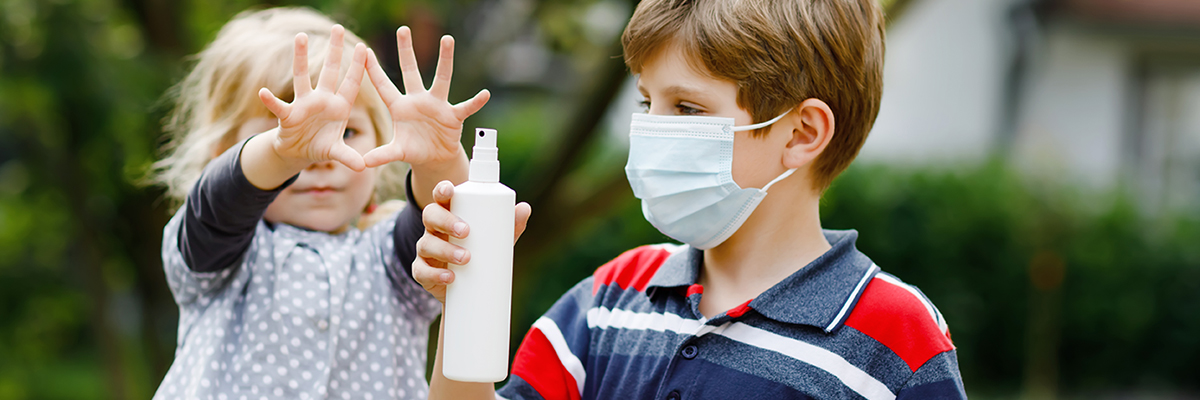
Article at a glance:
The novel Corona Virus Disease 2019, or COVID-19, is the highly contagious virus at the center of the 2020 global pandemic. Understanding what precautions to take will help keep you and your loved ones healthy and safe.
One of the most important precautions you can take is frequent hand washing. Make sure you wash your hands before and after preparing food, eating, and touching high traffic surfaces. Make sure you follow the proper handwashing procedure to get the most protection. Yu should wash for a minimum of twenty seconds, making sure you get between the fingers.
Hand washing isn’t always practical or convenient. Using hand sanitizer when water and soap aren’t available will help kill germs on your fingers and hands before they reach your face.
The COVID-19 virus can be transferred to the face and eyes after touching contaminated surfaces. This increases the chance of the virus entering the mouth, nasal passages, and eyes. If you must touch your face, be sure to wash your hands first.
Wear a well-fitting mask that does not have any gaps when put on. Masks should not be loose. Make sure the mask is worn over the mouth and nose. If the mask doesn’t cover the nose, it’s not doing anything. Disposable masks should be worn once then properly disposed of. Cloth masks should be frequently laundered. If making your own masks, consider using two different fabrics so that you can easily tell which side is near your face and which side is exposed
Whenever possible, maintain a distance of at least six feet between you and anyone not in your household. If you can maintain greater distances, that’s even better.
Gathering of any size present a risk, but the larger the gathering, the larger the risk. Avoiding gatherings and crowded spaces will help protect you by limiting the amount of exposure you will have to anyone who is asymptomatic.
If avoiding a gathering is not possible, then make the gathering as safe as it can be by holding it outdoors. Indoor gatherings keep virus particles circulating in the air around all the participants and increase the risk of exposure. Outdoor gatherings are safest when coupled with social distancing, wearing masks, washing hands frequently, and using hand sanitizer in between washings.
Wearing latex or nitrile gloves can protect the skin of your hands from becoming contaminated, but if you use your hands the same as you do when you’re not wearing gloves, they don’t really offer protection. Gloves may not be readily available due to low supplies. There is no substitution for good, frequent hand washing.
Part 1 in our Covid-19 series: How Does Covid-19 Spread?